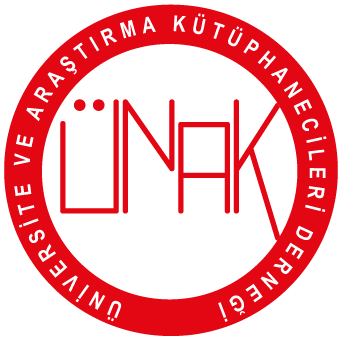An evaluation of the Top 1,000 Universities in Turkey in the 2024 QS World University Rankings
DOI:
https://doi.org/10.15612/BD.2024.735Keywords:
University rankings, Universty rankings systems, Ranking systems criteria, Higher education, Quacquarelli Symonds university rankingsAbstract
The Quacquarelli Symonds (QS) rankings are widely followed and play a significant role in showcasing universities’ academic achievements on a global scale. The aim of this study is to analyze the parameters and criteria preferred by QS, an organization that ranks universities worldwide, and to examine universities with similar characteristics, regarding status (public), focus (FC: full comprehensive focus across all 5 faculty areas + medical faculty), size (XL: larger than 30,000), research intensity (VH: very high or HI: high), that have the potential to enter the top 1,000 in QS 2024 World University Rankings with the highest score from Turkey. Additionally,one of the purpose of the study could be considered as to offer suggestions to Turkish universities on how they can enhance their ranking in QS rankings, thereby increasing their national and international recognition and visibility. The study entails identifying institutional strengths and weaknesses and devising strategies accordingly while facilitating the accessibility of Turkish universities for international students. Within the scope of the research, data shared with the public by QS were used. This study seeks answers to the differences between the universities in Turkey in the top 1,000 in the 2024 QS World University Rankings and what strategy should be followed for more universities from Turkey to enter these rankings. In the research conducted using the document analysis technique, one of the qualitative research methods, the Turkish universities ranked in the top 1,000 were classified according to their characteristics. As a result of the analysis, the data obtained from two universities in Turkey that can be classified in the same type ,regarding status, focus, research intensity and size, were compared and evaluated based on the QS ranking criteria for 2024. In this context, even though the criteria of the ranking systems differ from each other, the study revealed that they are based on similar criteria in terms of publications, education, training and research. Moreover, it has been noted that QS’s ranking methodology has been updated to reflect the evolution and changes over time, leading to improvements in generating more accurate and unbiased rankings. As a result of the evaluation, it was suggested that scientific studies should be published in journals with higher impact factor, bilingual publications should be created, university websites should be used effectively, cooperation and Learning Mobility programmes should be followed and encouraged, and strategies should be determined to improve the academic reputation of the university.
Downloads
Published
How to Cite
Issue
Section
Copyright (c) 2024 Information World

This work is licensed under a Creative Commons Attribution 4.0 International License.






